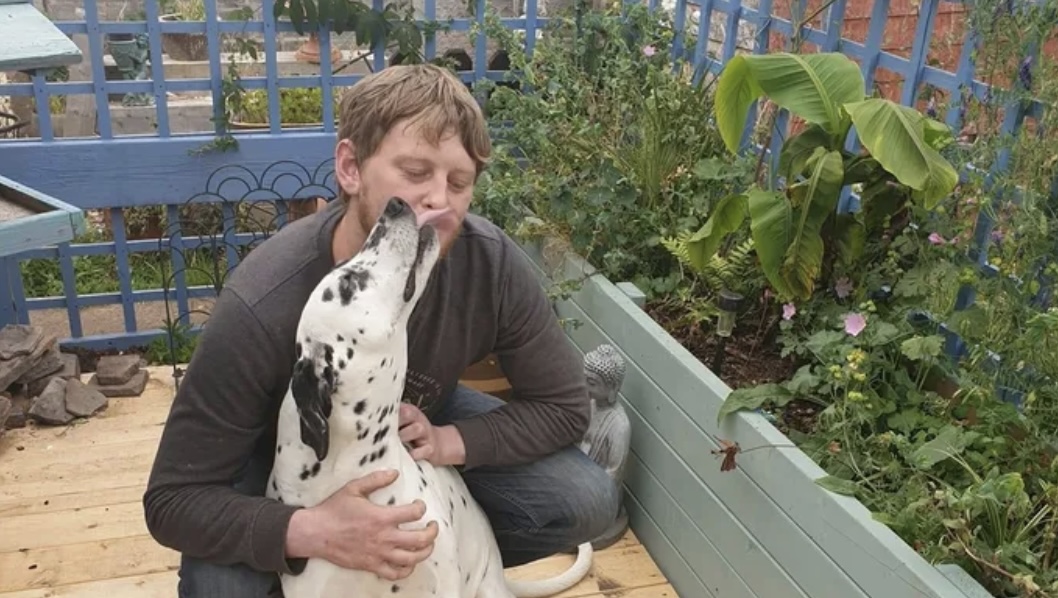As part of the Fire Kills campaign, Hereford & Worcester Fire and Rescue Service (HWFRS) is asking people to take care this Candle Fire Safety Week (12 – 18 October) and snuff out the risk of fire in their homes.
With winter fast approaching and the days drawing in, a display of candles around a room can lend brighten up an evening in or add some cheer to Halloween and Guy Fawkes celebrations.
Candle fires result in more than 300 casualties each year nationally, and more than 40% of all fires started by candles resulted in a death or injury, so HWFRS is asking people to be extra cautious with candles this winter.
In the HWFRS area, candles started almost 100 incidents over the last ten years (1 April 2010 to 31 March 2020), tragically resulting in one fatality, with a quarter of all incidents causing a casualty and half of these needing to go to hospital.
Incidents were mainly due to combustible articles being left too close to the fire or a heat source, with about a third of them being in households with children and dependents, and over a quarter attributed to falling asleep or being distracted.
People’s living rooms and bedrooms were the scene of about a third each of all candle fires, while 6pm was the most common time.
Over half of all incidents occurred in the evening or overnight.
The most important step to keeping yourself and your loved ones safe is to ensure your home has working smoke alarms. To prevent candle fires from starting in your home, you should make sure your candles are kept away from flammable materials like curtains, and ensure they are put out when you leave the room, even for a moment.
Station Commander Steve Andrews of the Service’s Community Risk department said: “Candles are a typical sight in many homes, scenting our rooms and giving an atmospheric glow to cold winter nights. But it’s important to remember that a candle is not just a decorative feature.
“Left unattended, an open flame scenting your home could leave a trail of devastation.
“But the latest figures for our area show that we all need to take extra caution and guard against carelessness and the numerous distractions of our busy lives, especially in parts of the house we use most and where children are around.
“Another hazard that we encounter on occasions is candles being left near open windows and either being blown over by the wind or igniting a flapping curtain.
“An added consideration is that many of us may be currently spending more time at home during the pandemic, so increased vigilance is called for.
“Place your lit candles with extra care, away from curtains, pets and children and always remember to put them out when you leave the room, even for a moment.”
Station Commander Andrews continued: “Even with these precautions it’s vital to be prepared should the worst happen. A working smoke alarm can give you the vital time you need to get out, stay out and call 999. Keep yourself and your loved ones safe by testing your alarm regularly and by practising your escape routes.”
To help you enjoy your candles safely, HWFRS offers these top tips for this Candle Fire Safety Week:
- never leave lit candles unattended and always put them out when you leave the room, even for a moment
- place your candles carefully on a stable surface, out of the reach of pets and children
- keep candles away from flammable objects like curtains, furniture, bedding and books
- don’t move candles once they are lit, and don’t leave them near open windows
- do not burn several candles close together as this might cause the flame to flare
- only burn candles in a well-ventilated room, out of drafts, vents or air currents – to help prevent rapid or uneven burning, soot, and dripping
- put candles out with a snuffer or a spoon – sparks can fly if you blow them out
- always put scented candles in a heat resistant holder – they’re designed to liquefy when heated to maximum fragrance
- fit a smoke alarm and test it monthly
- make sure that everyone knows what to do if a fire happens– and practise your escape route
- If there is a fire, get out, stay out and call 999.



